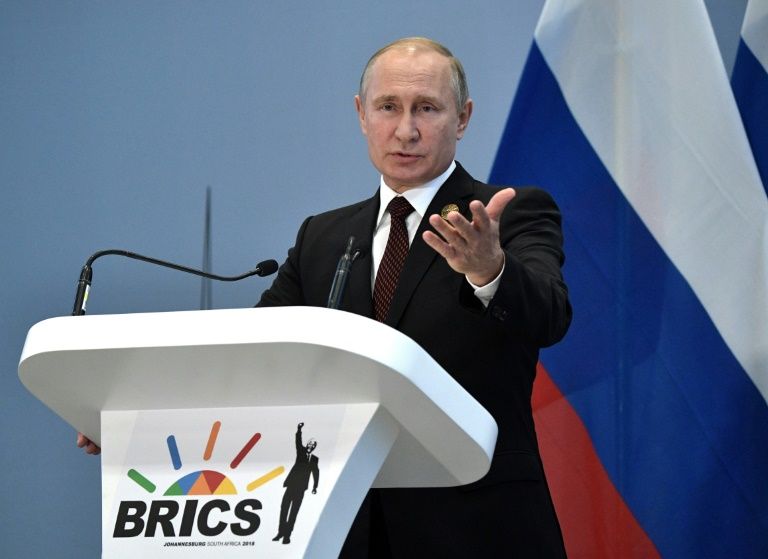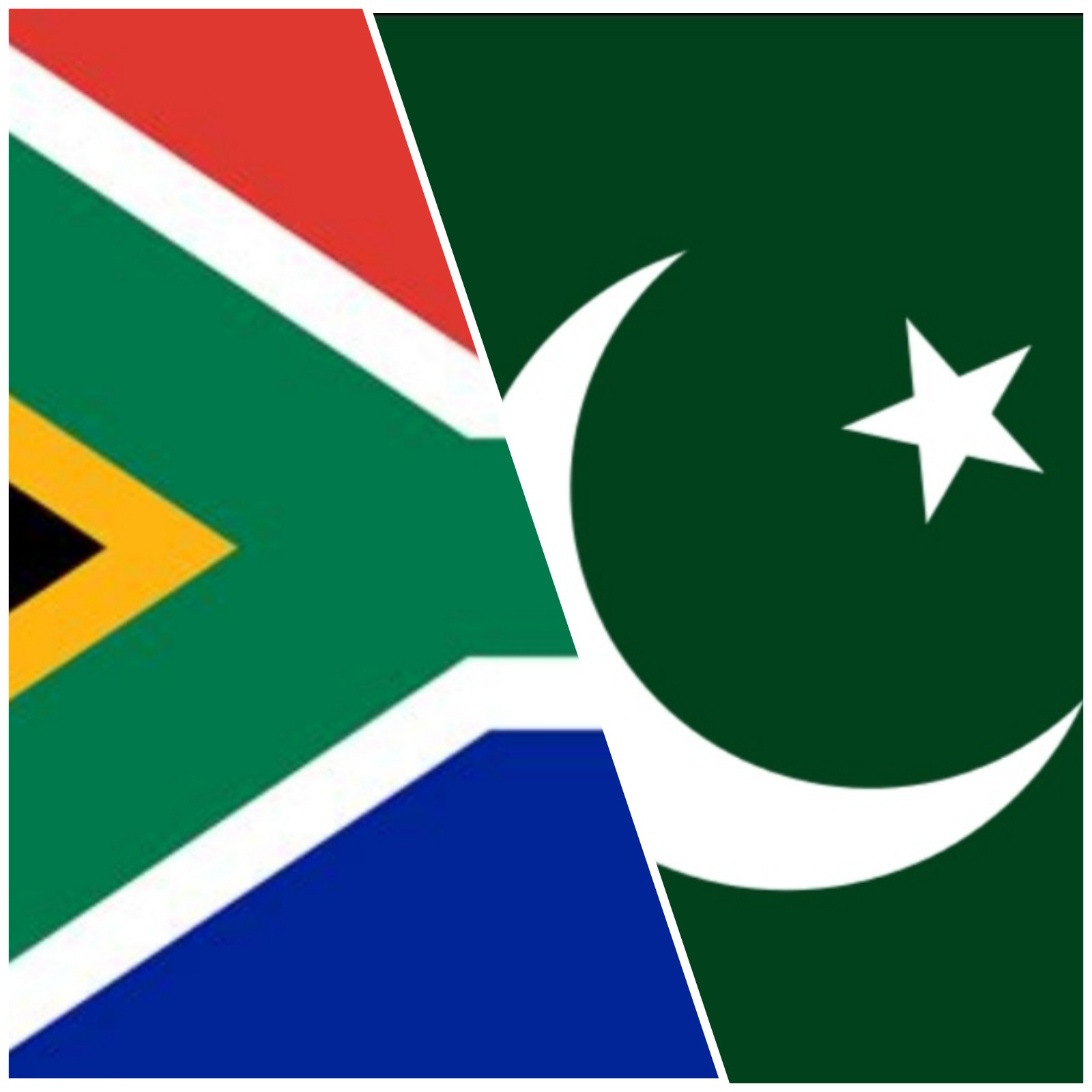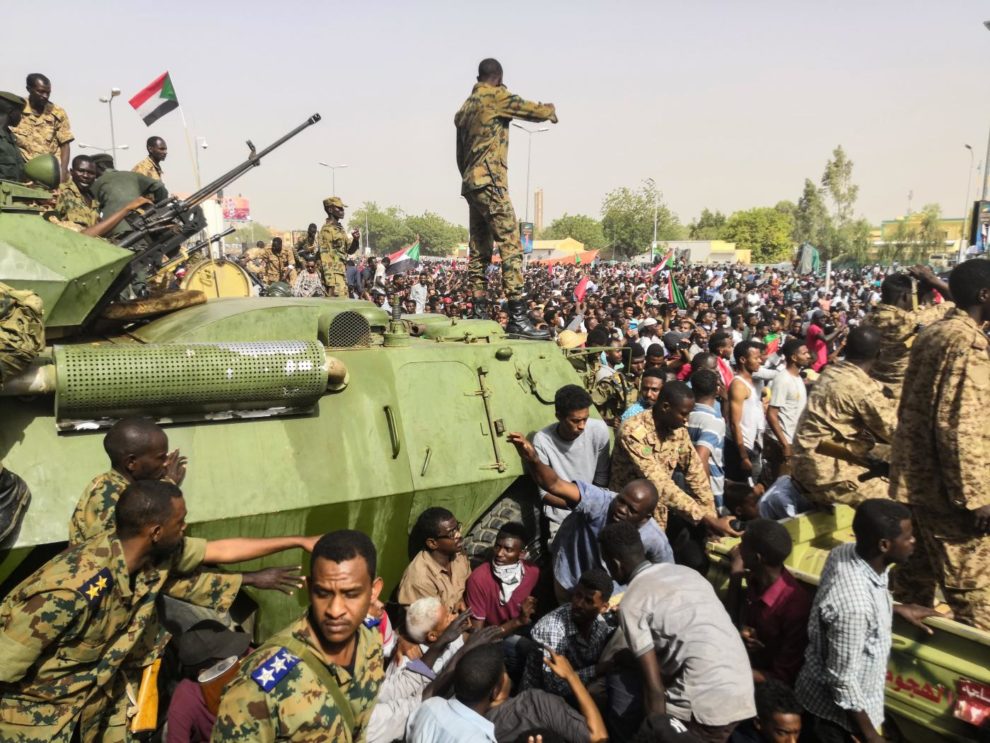
For decades now the political affairs of the Republic of Sudan have been a preoccupation of the U.S. State Department, Pentagon and the Central Intelligence Agency (CIA). Prior to the partition of the country in 2011, Sudan was the largest geographic nation-state in Africa. The country of 50 million was becoming an emerging oil-producing state maintaining ties with both the West and the developing countries.
1 November, 2021

Algeria’s hostility toward Morocco since its independence in 1962 is considered a real enigma by many foreign observers. In reality, it is explained by the nature of power in Algeria, which, lacking democratic or at least historical legitimacy, sees this hostility as necessary for its internal hegemony and continuation.
29 October, 2021

Besides the search for peaceful political pathways, Sudanese authorities need to address the deep-seated economic deficiencies and tackle common problems (basic infrastructure) facing people in micro levels of the society. This also relates many African countries.
27 October, 2021

The world’s most unstable regions are undoubtedly knitted in the Middle-East and the Sub-Saharan Africa. On one end a handful of the middle eastern countries account to the most chaotic warfare since World War II.
14 October, 2021

What was particularly chilling this month, however, was listening to government spokesman Gabriel Attal admit that visas were being denied to Algerians, Moroccans and Tunisians because not enough of their compatriots were being deported. The claim from Attal — once viewed as a restrained centrist — was that too many people were already in France illegally, so even those with legitimate reasons to travel should be denied entry.
14 October, 2021
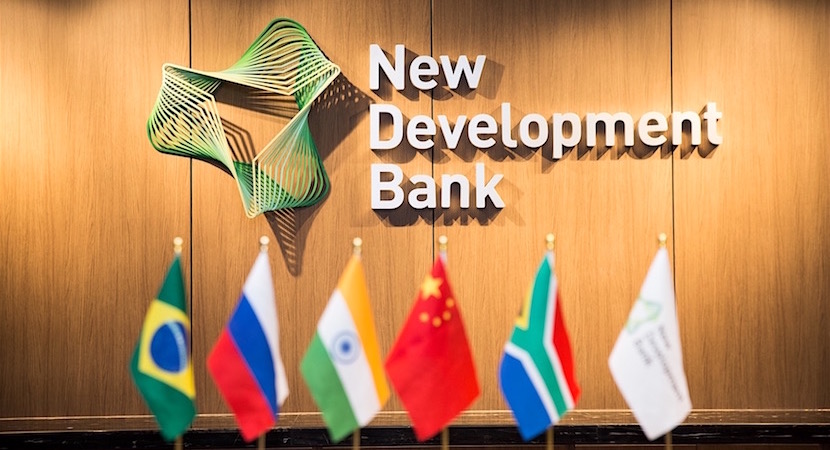
The selection of the UAE, Uruguay and Bangladesh as the first three non-founding partners of the NDB indicates the intentions of BRICS – regional expansion with a focus on economic and transportation cooperation. This cooperation, as well as integration, is especially crucial as the world struggles to deal with the COVID-19 pandemic and the economic fallout.
13 October, 2021
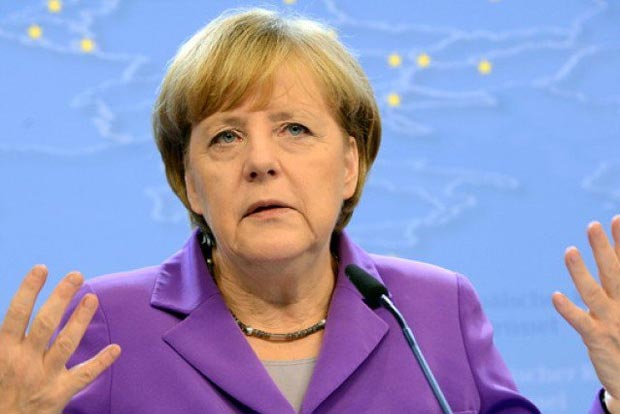
Before Merkel’s leadership, history recognized a number of famous empowered women, such as Queen Elizabeth, the monarch for the UK and 15 other Commonwealth realms; and the “Iron Lady” Margaret Thatcher, who was UK prime minister from 1979 to 1990 and leader of the country’s Conservative Party from 1975 to 1990.
4 October, 2021
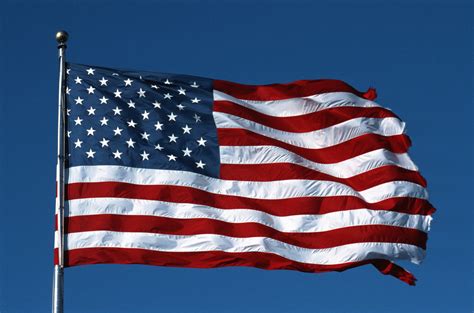
Would NATO be able to survive in a world without the United States? Theoretically, yes, but only if the European great powers—the United Kingdom, Germany and France—put the maximum political, economic and military effort into it. The remaining countries in the bloc will have to increase their defence contributions by more than the two per cent on which Washington insists today to some four or five per cent.
30 September, 2021

Israel has long sought to retake its position as an observer state at the African Union (AU). It had this status with the Organisation of African Unity until that continental body became the AU in 2002. AU Commission chairperson Moussa Faki Mahamat has now opened the door to Israel again – and not everyone is welcoming his decision.
24 September, 2021

Russia's drive to share Sputnik V vaccine, of course, offers a chance to raise its image and strengthen alliances in Africa. Ministry of Foreign Affairs of the Russian Federation has made efforts promoting the vaccine using all its channels. But supply and delivery have largely lagged behind, the pledges have simply not been fulfilled. Russian authorities have oftentimes said that they would step up efforts for fruitful cooperation in combating coronavirus in Africa.
17 September, 2021











